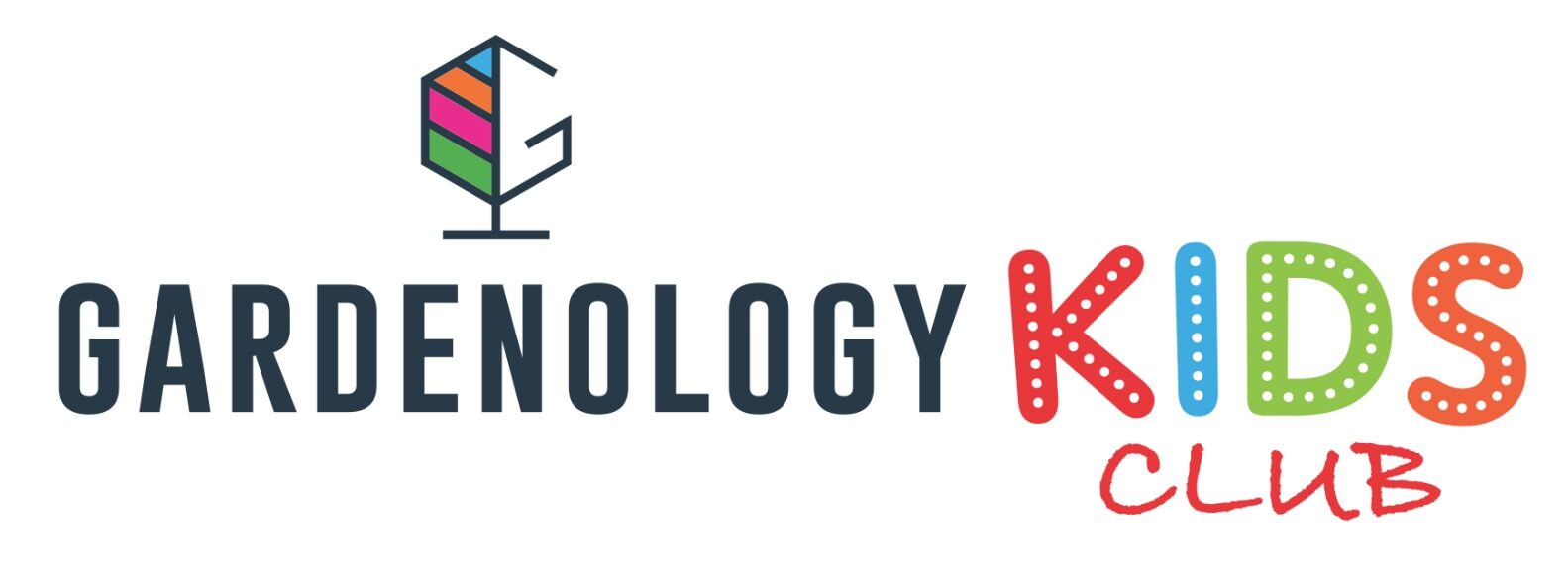The Benefits of Composting with Children: A Fun and Educational Activity for Sustainable Living
Composting is an environmentally friendly activity that can be both fun and educational for children. It teaches them about the importance of reducing waste, recycling, and sustainability. Composting with children is a great way to introduce them to the concept of reducing their environmental footprint and to involve them in the process of producing rich, nutritious soil for plants.
- Composting teaches children about the environment
Composting teaches children about the importance of the environment and how it affects our daily lives. It helps them to understand the interconnectedness of nature and the impact that humans have on the planet. Children can learn about the different types of materials that can be composted, and how these materials can be transformed into nutrient-rich soil for plants.
- Composting is a hands-on activity
Composting is a hands-on activity that children love. They can get their hands dirty, mix materials, and see the transformation from food scraps and other organic matter into soil. This hands-on approach can help children to develop an appreciation for the environment and learn to take care of it.
- Composting teaches responsibility
Composting is a responsibility that children can take on. They can learn to sort materials, mix them together, and monitor the progress of the compost pile. This teaches them about the importance of taking care of the environment and the responsibility we all have to reduce waste.
- Composting can be a science lesson
Composting can be used as a science lesson, teaching children about the process of decomposition and the role of microorganisms in breaking down organic matter. Children can learn about the different types of microorganisms involved in the composting process and how they work together to produce soil.
- Composting can be used to teach about nutrition
Composting can also be used to teach children about the importance of soil and its role in plant growth. They can learn about the different nutrients that are found in soil and how they affect plant growth. This can be a fun way to teach children about the importance of healthy eating and the role that plants play in our diets.
Tips for composting with children:
- Start small – begin with a small compost pile or bin to help children learn the basics of composting.
- Get the right tools – provide children with the necessary tools for composting, such as gloves, a shovel, and a pitchfork.
- Use kid-friendly language – use language that children can understand when talking about composting and the environment.
- Involve children in the process – let children help with sorting materials, mixing them together, and monitoring the progress of the compost pile.
- Use the compost in a garden – use the compost to grow plants, vegetables, or herbs. This can be a fun way for children to see the fruits of their labour.
In conclusion, composting is a fun and educational activity that children can enjoy. It teaches them about the environment, responsibility, science, and nutrition. By composting with children, we can help them to develop a love for the environment and a desire to take care of it.




